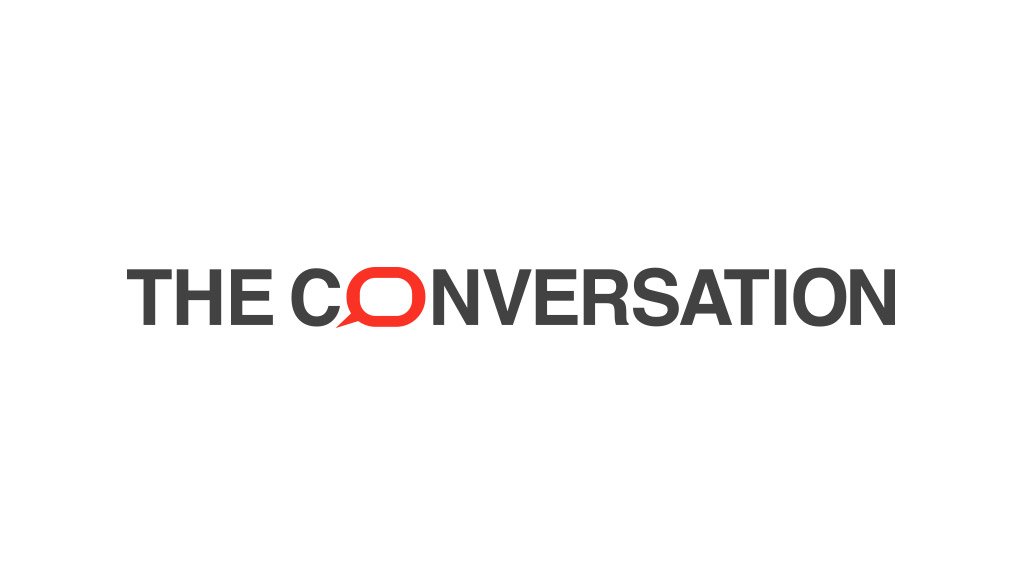![]() The botched attempt by Senegalese president Macky Sall to postpone the presidential election has stirred unnecessary tension in an already strained electoral process. The move reflected deeper governance problems in the country.
The botched attempt by Senegalese president Macky Sall to postpone the presidential election has stirred unnecessary tension in an already strained electoral process. The move reflected deeper governance problems in the country.
Sall’s decree, subsequently annulled by the Constitutional Council, was the latest in a range of government interventions that exceeded the scope of the executive authority. These have included the disqualification of key opposition candidates, the manipulation of judicial procedures, and the arbitrary detention of dissenting figures.
Sall’s 12-year tenure has been marked by contradictions. His administration boosted investment in transport and urban infrastructure. Notably, he worked on the motorway network, the new Diass international airport, the development of major roads and the completion of public transport projects.
But these investments have not translated into improvements in the lives of Senegalese. Thousands of young people still go on perilous journeys to Europe having lost hope of fulfilling their potential in their own country.
This is the backdrop to his move to postpone the elections in a last bid to secure a winning strategy for his camp. His anointed successor, Amadou Ba, remains a contested figure within the ruling Alliance for the Republic Party.
I have a research interest in state formation in west Africa. As I have argued in my work, states sustain themselves by producing and alienating internal “others”. This refers to a scenario where governments assert sovereignty not against outside forces but against internal cultural groups and existing logics of governance. Sall’s style of government follows this pattern closely.
Crisis within his party
Sall said he was postponing elections because of an alleged conflict between parliament and the Constitutional Council. The parliament had approved the creation of a commission of inquiry into the process of validation of presidential candidacies by the Constitutional Council.
Sall in fact latched onto an accusation of corruption levelled by Karim Wade against two Constitutional Council judges following Karim’s disqualification from running in the election due to his dual citizenship.
But the most plausible reason was a crisis within the ruling camp. The Alliance for the Republic is a divided party that is going to the elections in disarray. Sall’s chosen successor, Ba, has generated little enthusiasm among voters. He symbolises the status quo. An affluent candidate, Ba has the difficult task of convincing an impoverished electorate that he is up to the task.
Sall overstepped his constitutional powers. The Senegalese constitution’s limitation of the president’s term duration can’t be amended. Further, according to the electoral code, the decree setting a date for presidential elections must be published no later than 80 days before the scheduled ballot. Sall postponed the poll just 12 hours before the campaigning was due to start, and 22 days before the ballot.
Sall’s attempt at postponing the elections, which has fostered a climate of distrust in the integrity of the electoral process, has left Senegal embroiled in a serious constitutional crisis. His decree brought forth two important issues:
-
the government’s commitment to an orderly handover of power
-
the integrity of the democratic process.
Erosion of a democratic tradition
Since 2021, a series of protests and riots have pitted Ousmane Sonko, a key opposition figure facing rape allegations, and his supporters against a government accused of manipulating the judiciary to thwart a serious candidate. As a result, the economy has been severely disrupted. Each day of protests causes an estimated $33-million loss in economic output.
Further, Sall has used security and defence forces to establish an order of fear. He has resorted to heavy-handed measures against opposition figures and dissenting voices within civil society through arbitrary detention and prosecution. His government has systematically restricted the freedom of assembly, banned protests, suppressed independent media and mobilised public resources to bolster the ruling party.
For all these reasons, Senegal has seen an erosion of institutions meant to uphold the rule of law, foster political participation and ensure public accountability.
Sall was elected in 2012 after a tumultuous period under the flamboyant government of President Abdoulaye Wade. Sall owes his entire political career to Wade’s patronage. Yet their relationship soured when it became evident that Sall harboured ambitions to challenge Wade’s son, Karim, who was being groomed to succeed his father.
Sall pledged to deliver virtuous and frugal governance. But public euphoria soon petered out as scandals involving cabinet ministers and close family members laid bare the corruption within the administration.
In 2023, amid much brouhaha over the validity of a third term, Sall yielded to public pressure after violent protests. These resulted in the most serious political crisis since the 1960s, claiming over 60 lives and leading to the arrest of over 1 000 people.
Where to for Senegal?
In compliance with the Constitutional Council ruling, Sall has finally agreed to organise elections before his exit.
As the election day of 24 March draws near, the absence of key contenders, and uncertainties regarding the electoral procedures, inject an element of unpredictability.
Furthermore, the erosion of trust is such that the Senegalese public still doubts Sall’s commitment to fulfil his obligations and facilitate an orderly handover.
Written by Amy Niang, Head of Research Programme, Council for the Development of Social Science Research in Africa
This article is republished from The Conversation under a Creative Commons license. Read the original article.
EMAIL THIS ARTICLE SAVE THIS ARTICLE ARTICLE ENQUIRY
To subscribe email subscriptions@creamermedia.co.za or click here
To advertise email advertising@creamermedia.co.za or click here











